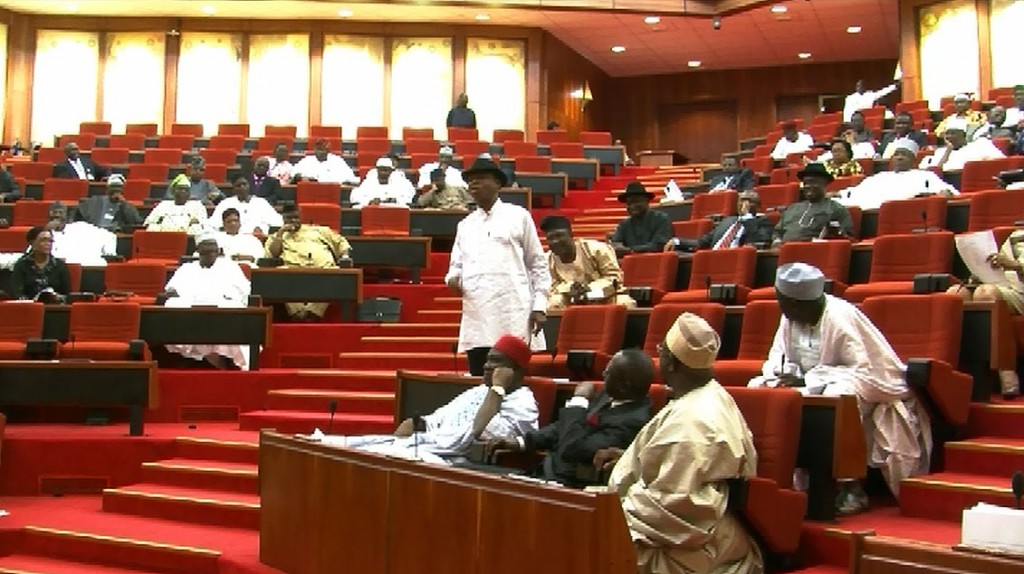The Senate Thursday justified the N125 billion proposed by President Muhammadu Buhari as the National Assembly budget for the 2020 fiscal year.
“The National Assembly has a lot of staff to take care of in both chambers. The number of committees is large too because of the volume of work. So, there is no way we can operate with a small budget,” said spokesman of the Senate, Adedayo Adeyeye.
His comment came as Italy’s parliament voted to cut down the number of legislators in both houses. While the Senate will now have 200 lawmakers from 315, the chamber of deputies will have 400 as against 630.
“The bulk of this money is spent on issues that promote legislative operations. Unfortunately, many people believe that legislators take the largest chunk of the money. Our salaries are open for public scrutiny,” Adeyeye said.
“The truth is: it is either we want to have a working and effective National Assembly that is properly funded or we do not. Running the system in the National Assembly is very expensive.”
The spokesman, however, failed to provide details on how the N125 billion would be spent, declaring that he was yet to get the specifics.
The National Assembly has in the past come under intense criticism over its failure to release the details of its budget.
Also, the Senate has reintroduced a bill seeking to establish the National Assembly Budget and Research Office (NABRO).
The Eighth Senate passed the bill on May 3, 2019. Buhari, however, did not assent to it. The proposed office, among other functions, will report yearly to the Senate and House of Representatives all items funded in the preceding financial year for which no appropriation was made by the National Assembly, and all items contained in the Appropriation Act in the preceding financial year but which were not funded by the Federal Government.
Lawmakers, meanwhile, continued debate on the 2020 budget yesterday with Senator Emmanuel Bwacha saying the document does not reflect Nigeria’s readiness to diversify its economy. He also accused his colleagues of being insincere in their handling of the budget.
“I’m saying this because, since 1999, budget implementation has not reached 70 per cent. This is very worrisome. We are discussing the 2020 budget estimates. Is it fair to say that we have a 2019 budget, which has not been implemented? As we speak now, nothing has been done. We have the 2019 Appropriation Act and we are discussing the 2020 budget proposal.
“Oversight functions have become a ritual. We have to take it seriously as a parliament. We refused to address this aspect of our shortcomings. We are only prepared to speak from both sides of our mouths. We need to walk the talk if we really want to achieve significant growth in our economy,” he said.
Senator Christopher Ekpeyong said the planned increase in VAT was incompatible with the budget. He explained: “If you increase the VAT to 7.5 per cent today for an investor or a contractor, he will pay educational tax of one per cent, he will pay ITF of one per cent, he will pay NITTF of one per cent, and some times, he goes behind to pay some percentage to the ruling party.
“These taxes are not mentioned. What is the result of the product the man will sell? For that reason, I am not in support of the VAT increase because already the VAT not mentioned is over 9 per cent and if you now add this to this, you will be having 10.5 per cent as VAT in the country.”
 DailyrecordNg …Nigeria's hottest news blog
DailyrecordNg …Nigeria's hottest news blog









